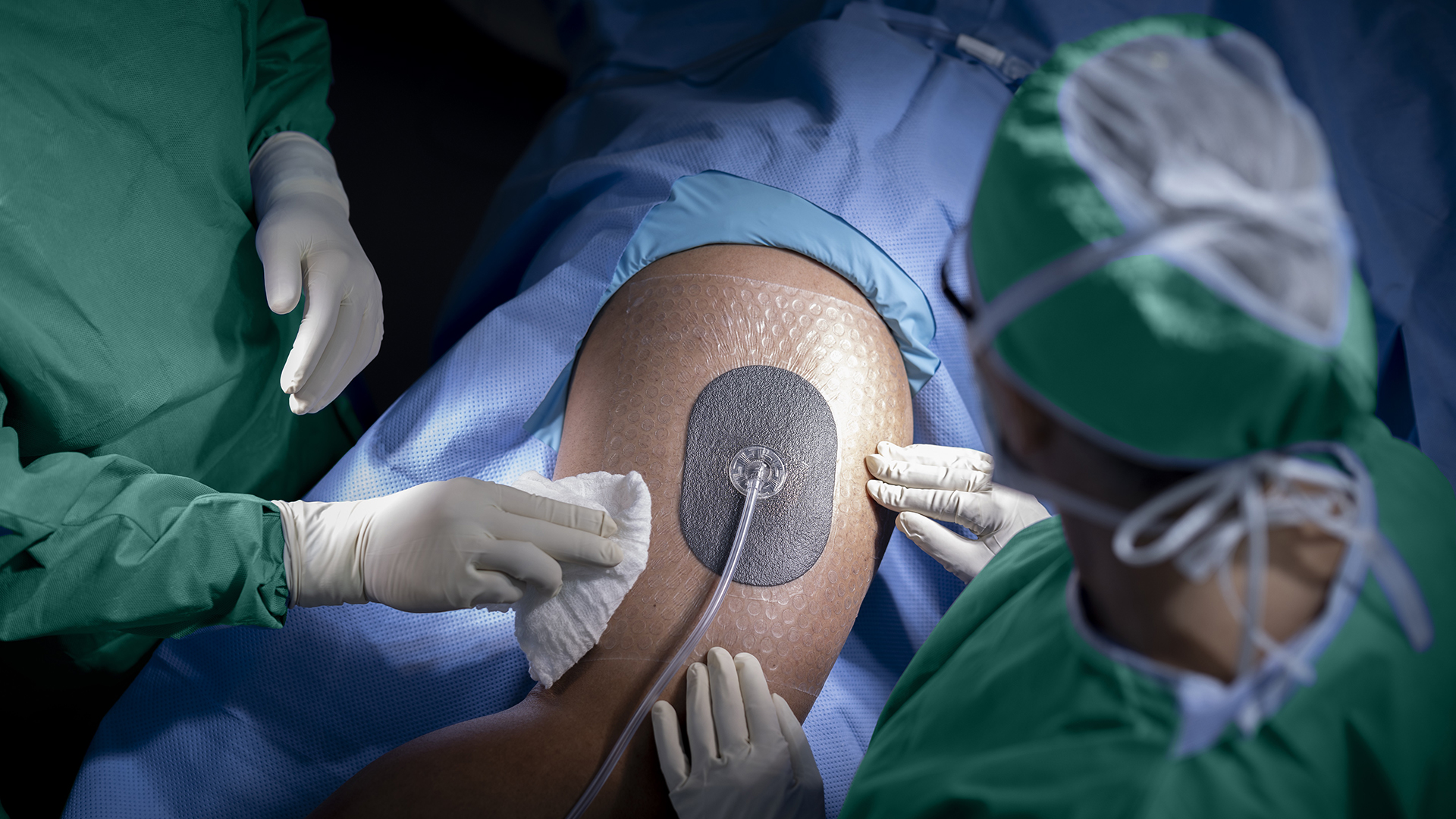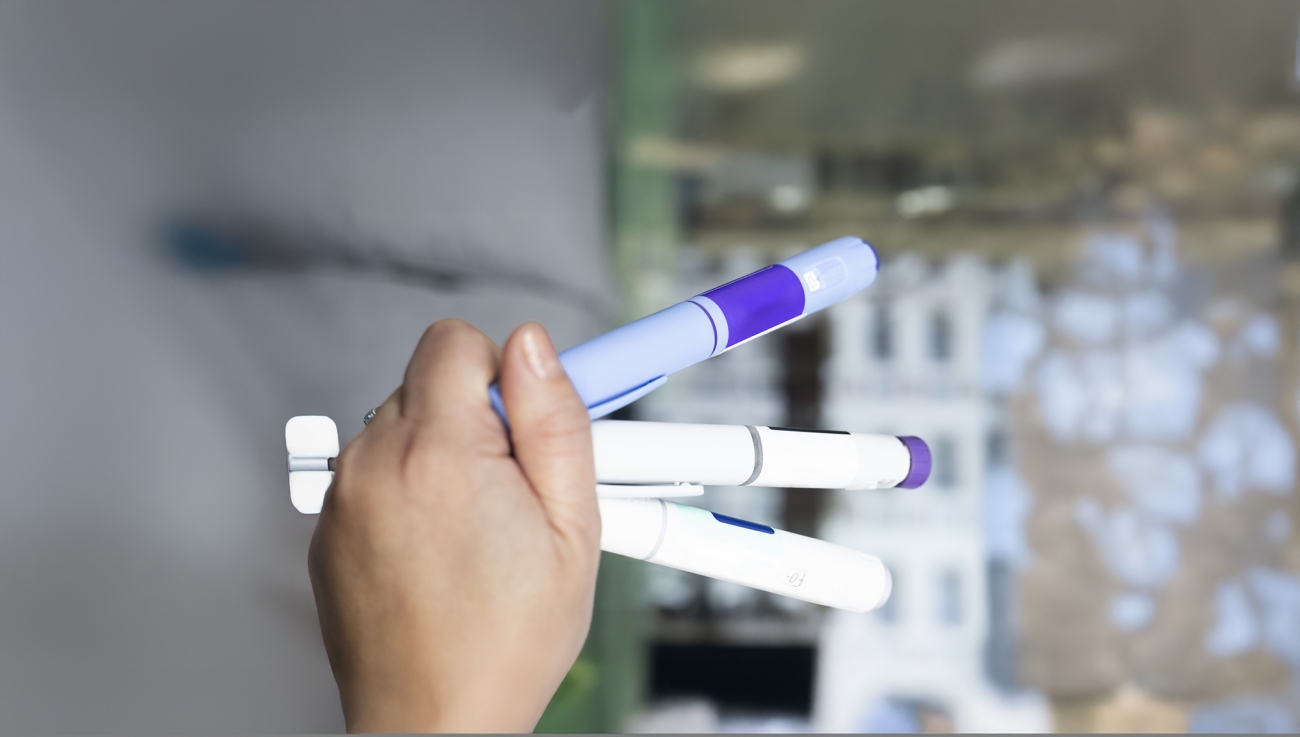Intermittent Fasting: Myth or reality: Does Intermittent Fasting really clear the skin? |


Intermittent fasting (IF) has gained attention not only for its weight loss and health benefits but also for claims that it can improve skin clarity and radiance. Proponents of intermittent fasting believe that it helps detoxify the body, reduce inflammation, and promote cellular repair, all of which can potentially lead to clearer skin. But is there truth to this claim, or is it just another wellness myth? Let’s examine the science and understand how intermittent fasting may impact skin health.
Science behind Intermittent Fasting and skin health
Intermittent fasting involves cycling between periods of eating and fasting, with common methods including the 16:8 (fast for 16 hours, eat within an 8-hour window) or the 5:2 (five days of regular eating, two days of reduced calorie intake). During fasting, the body undergoes various metabolic changes that are believed to affect the skin. One of these changes is autophagy, a process that helps the body clear out damaged cells and generate new, healthier ones. By promoting autophagy, intermittent fasting may assist in repairing cellular damage, reducing the buildup of dead skin cells and potentially contributing to clearer, more youthful-looking skin.

Moreover, fasting has been shown to reduce insulin levels, which can also benefit skin health. Lower insulin levels reduce the likelihood of hormonal fluctuations that can trigger acne outbreaks. Insulin spikes are often linked to an increase in sebum production, which can clog pores and lead to acne. By stabilizing insulin levels, intermittent fasting may indirectly support clearer skin.
Reducing inflammation for better skin
Chronic inflammation is a common factor in many skin issues, including acne, eczema, and premature aging. Studies suggest that intermittent fasting can reduce markers of inflammation in the body, potentially leading to calmer, less reactive skin. The reduction of inflammatory cytokines—molecules that signal inflammation in the body—during fasting periods is thought to contribute to this effect. Additionally, fasting reduces oxidative stress, which plays a key role in skin aging and the breakdown of collagen. By lowering oxidative stress, intermittent fasting could theoretically promote healthier, more resilient skin over time.
Detoxification and gut health
Fasting gives the digestive system a break, which some experts believe allows the body to detoxify and reduce waste products that could otherwise be expelled through the skin. A clean digestive system can contribute to better gut health, which is increasingly being linked to skin health. An imbalance in gut bacteria, known as dysbiosis, can lead to inflammation and skin issues. By supporting gut health through fasting, the body may create an environment conducive to clear, healthy skin.
Does Intermittent Fasting work for everyone?
While intermittent fasting has potential benefits, it’s not a one-size-fits-all solution for skin issues. Some people may experience improvements in skin clarity, but others may see no change or even encounter adverse effects. Prolonged fasting can lead to stress in some individuals, which may actually worsen skin conditions like acne or eczema by increasing cortisol levels. Additionally, fasting can lead to dehydration if water intake is not adequate, which can dry out the skin and make it look dull.

Intermittent fasting may help clear the skin for some individuals, thanks to its potential to reduce inflammation, promote cellular repair, and stabilize insulin levels. However, it’s not a guaranteed solution and may not be suitable for everyone. Skin health is influenced by a complex combination of genetics, lifestyle factors, and individual health conditions, so what works for one person may not work for another. Those interested in trying intermittent fasting should consult a healthcare professional to ensure it aligns with their personal health needs and monitor their skin’s response.
The answer
While intermittent fasting could contribute to a clearer complexion, it should be viewed as part of a holistic approach to skincare that includes a balanced diet, adequate hydration, good sleep hygiene, and a regular skincare routine. For individuals experiencing severe skin conditions, consulting a dermatologist may be more beneficial than relying solely on fasting.
Is breakfast really an important meal?
link







